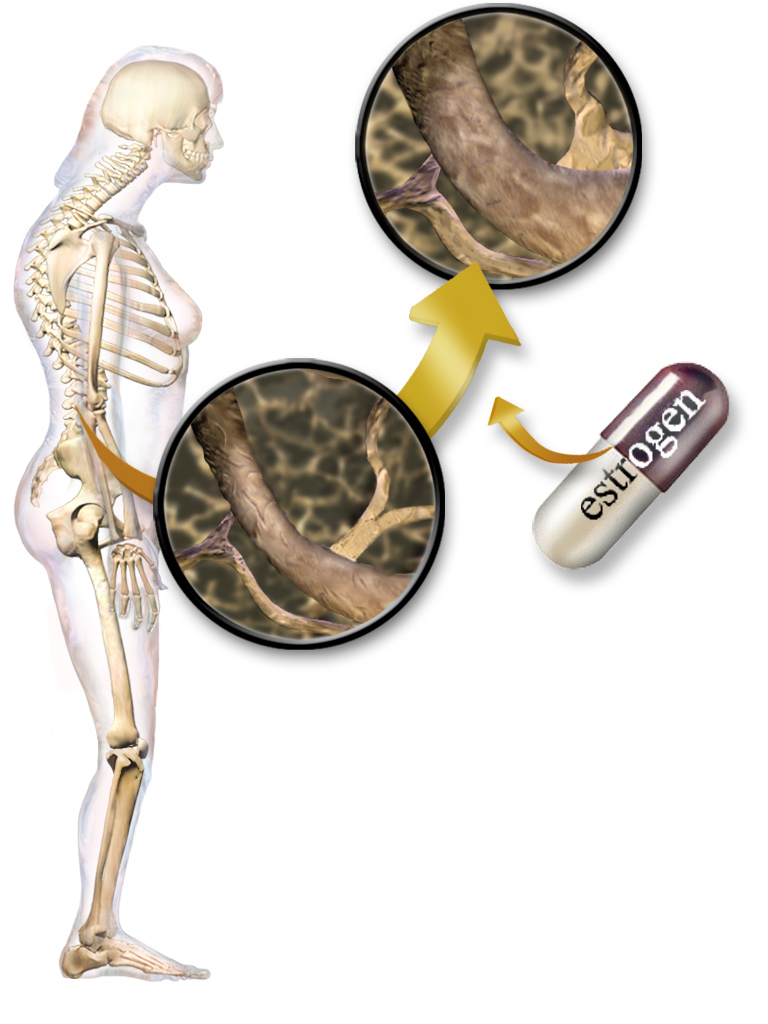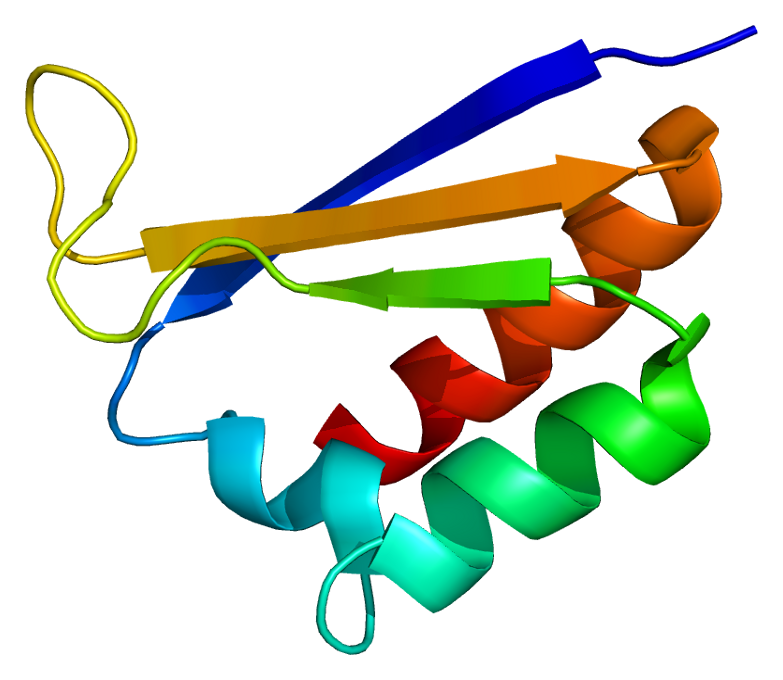Hormone Replacement Therapy: A New Frontier in Alzheimer's Prevention

As studies continue to unveil the multifaceted benefits of Hormone Replacement Therapy (HRT), recent research indicates that early administration of HRT may play a significant role in delaying the onset of Alzheimer's disease among women. The natural decline in estrogen during menopause has been linked to accelerated brain aging, prompting scientists to explore whether HRT could serve as a protective measure against cognitive decline.
According to Dr. Rohan Palshetkar, a consultant IVF specialist at Bloom IVF and Palshetkar Patil Nursing Home in Mumbai, 'Estrogen is crucial for brain function. Its decline during menopause may increase vulnerability to neurodegenerative conditions like Alzheimer’s.'
Recent studies, including a 2023 report published in the Journal of Neurobiology, have suggested that initiating HRT within 10 years of menopause may reduce the risk of developing Alzheimer's by mitigating inflammation, enhancing synaptic growth, and improving cerebral blood flow. Dr. Sarah Johnson, a Professor of Neuroscience at Stanford University, notes that 'This window of opportunity for HRT could have profound implications for women's long-term cognitive health.'
However, while HRT presents promising benefits, it is not without risks. For women with a history of hormone receptor breast cancer, alternative treatments such as localized estrogen therapies may be more appropriate, as emphasized by Dr. Emily Carter, an oncologist at Johns Hopkins University. 'Each patient must be evaluated on an individual basis, taking into account their medical history and risk factors,' she urges.
The conversation surrounding HRT has evolved significantly, especially in light of the historical biases against hormone therapy. Many women have avoided HRT due to outdated fears of associated health risks. Dr. Palshetkar insists that 'Women deserve nuanced, evidence-based guidance regarding HRT, rather than blanket restrictions.'
In addition to cognitive benefits, HRT may also alleviate menopausal symptoms, providing a dual advantage that healthcare providers are beginning to recognize. The American College of Obstetricians and Gynecologists (ACOG) states that individualized treatment plans that consider a woman's family history of dementia, cardiovascular risk, and the method of hormone delivery are crucial for effective management.
The implications of these findings are significant, as they not only affect women's health strategies but also raise questions about public health policies and insurance coverage for HRT. With Alzheimer's affecting millions globally, the potential for HRT as a preventive measure could shift the paradigm in women’s healthcare.
Looking ahead, ongoing research in this area is paramount. The World Health Organization (WHO) emphasizes the need for further studies to establish guidelines for HRT use among menopausal women to maximize benefits while minimizing risks. As our understanding of hormone therapy evolves, it presents an opportunity for women to embrace a proactive approach to their health, particularly in the face of cognitive decline.
In conclusion, HRT represents a promising avenue in the fight against Alzheimer's disease, provided it is administered judiciously and in consultation with healthcare professionals. The dual role of HRT in managing menopausal symptoms while potentially safeguarding cognitive health underscores the importance of tailored treatment approaches in women's health.
Advertisement
Tags
Advertisement





